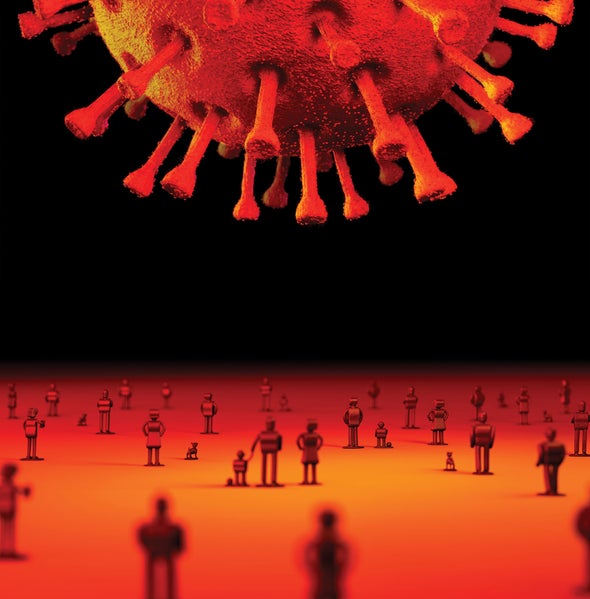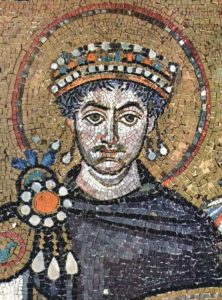
“Now in those days a decree went out from Caesar Augustus, that a census be taken of all the inhabited earth…And everyone was on his way to register for the census, each to his own city.” Luke 1:1,3.
Caesar Augustus was the most powerful man in the world at the time of the events we will celebrate tomorrow. He ruled the known world, was beholden to no man, and was a pagan who would later be deified by his people upon his death in 14 A.D. I’m confident he was not a man who spent time in prayer seeking the will of the God of Israel.
Yet, by the sovereignty of God, Augustus issued a decree that a census be taken that required Joseph and Mary return to their home town, ensuring Jesus would be born in Bethlehem, in accordance with the prophecy in Micah 5:2 (“. . . Bethlehem . . . though you are small among the clans of Judah, out of you will come for me one who will be ruler over Israel…”).
That Luke notes Caesar August issued this decree has special significance for us this Christmas, a Christmas in which many are unable or, not unreasonably, unwilling to travel to be with loved ones because of the rapid spread of the COVID variant, Omicron, at a time when it seems to many there is no end in sight of the pandemic that has killed over 800,000 in the U.S. and many millions more around the world.
But God’s sovereignty is not diminished by our circumstances; to the contrary, it is difficult circumstances that give rise to the need for His sovereignty. So, this Christmas, rather than looking eagerly for the end of the pandemic, let’s look expectantly for the exercise of His sovereignty, which is in keeping with the best tradition of the Christmas spirit. GS


 Justinian was emperor of the Byzantine Empire from 527 A.D. to 565 A.D.
Justinian was emperor of the Byzantine Empire from 527 A.D. to 565 A.D.